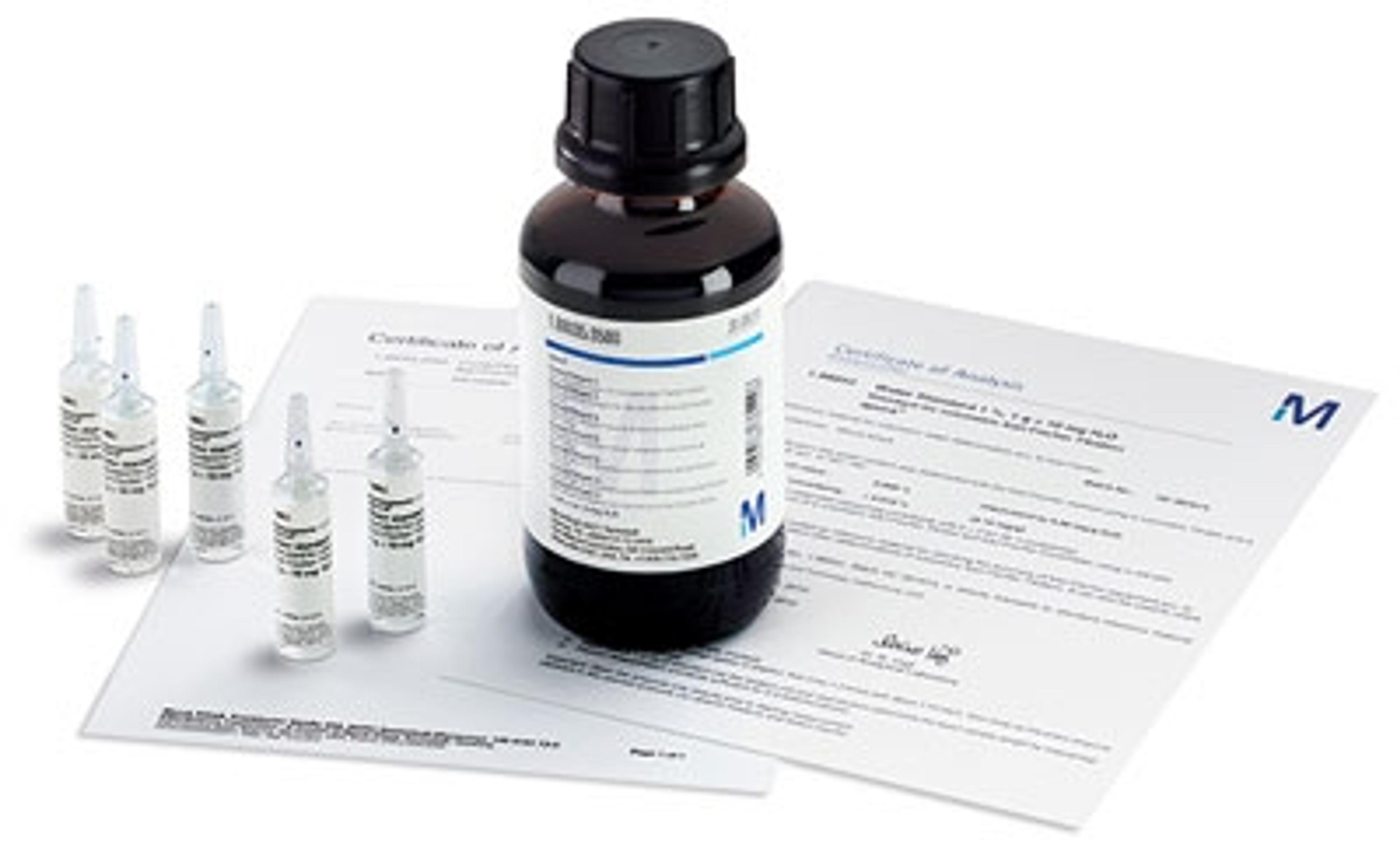Webinar Highlights: Best Practices in Karl Fischer Titration
The precise and accurate determination of water content is important for the quality of raw materials used in production processes.
3 Jul 2017

In this recent webinar, Bruce Herzig, Application Specialist for Karl Fischer, MilliporeSigma, and Tore Fossum, Technical Application Consultant, Mettler Toledo LLC, discuss how to produce reliable and comparable results by choosing the right application method, instrument and reagents for your Karl Fischer titration.
During the webinar they discuss:
- How to perform precise titer determinations and instrument checks
- How you can detect and avoid inaccuracies in your titration results
- Practical tips for daily water determination
Read on for highlights from the Q&A session with Bruce and Tore, or if you missed it, watch the webinar on-demand.
Q: My V30's drift will go to, and stay at, zero. What causes this?
If this happens that is probably an over titration situation where it goes past the endpoint. I would adjust the parameters on your experiment, it doesn’t normally go to, and stay at zero – it is more normal for it to go to 3, 5 or 10µl per minute. Another possibility is that the electrode has gotten coated and needs cleaning with methanol, that will usually fix it.
Q: Best practice for sample prep of drug substance for coulometric analysis?
That depends on the sample and the matrix that it is in. If your sample is a solid, then there is a high intensity solvent available from Mettler. You need to make sure you dissolve your sample in a solvent which isn’t going to interfere which your Karl Fischer titration. The easiest way would be to get a sample which is pre-dissolved. You should use as dry a dissolving reagent as possible, you would need to know the blank value of that reagent and do a subtraction for the waters in that solvent.
Q: Can Aquastar solvents for two component volumetric analysis be used with titrants from other manufacturers?
Typically we don’t recommend mixing our reagents systems with other manufacturers’ systems, the reason for that is that they are reagent systems. Another manufacturer may not have the same components or ratios as we do, these are designed as systems and are designed to work together.

